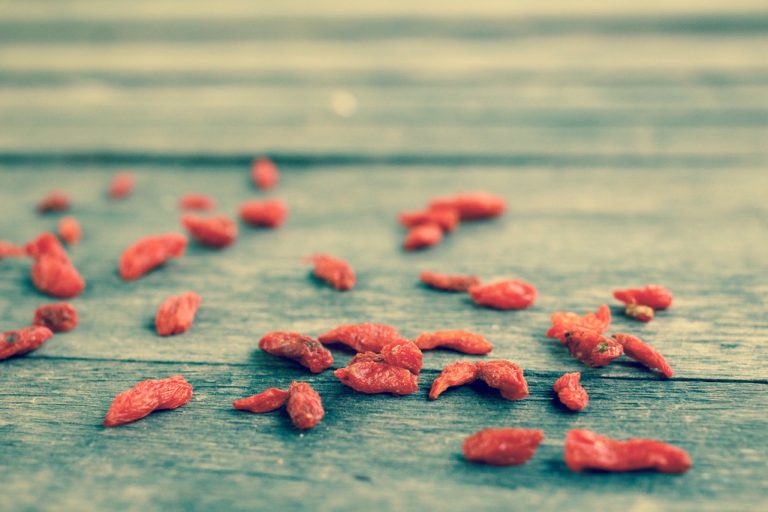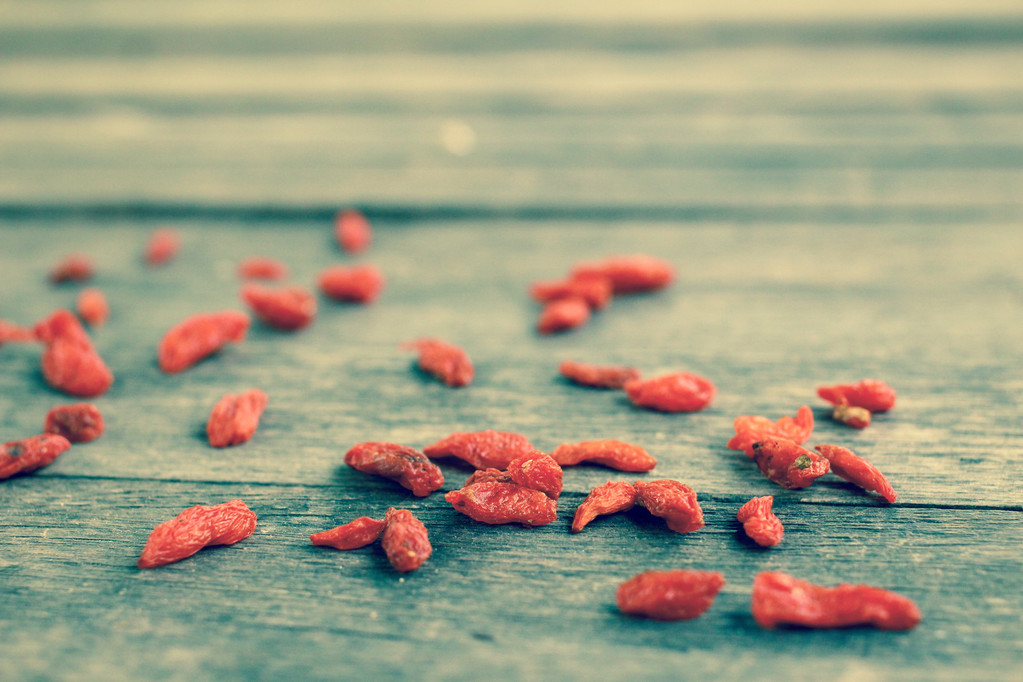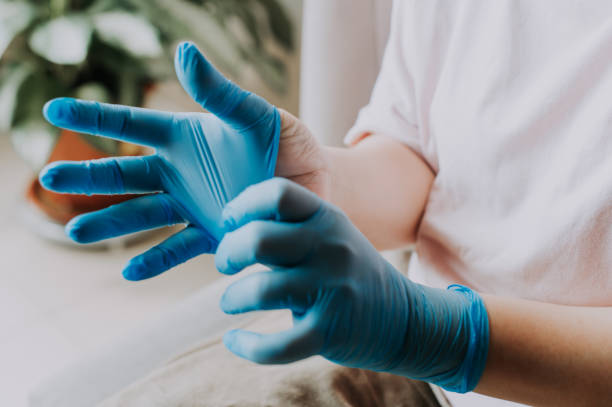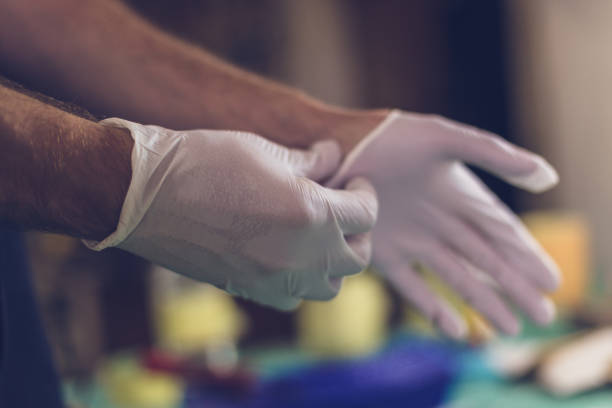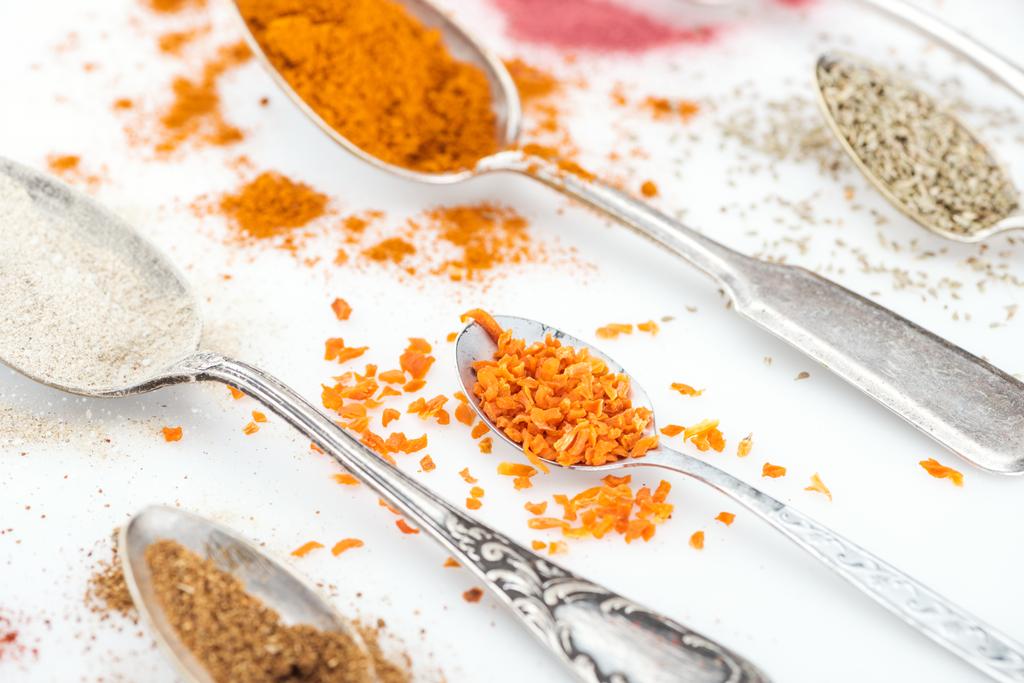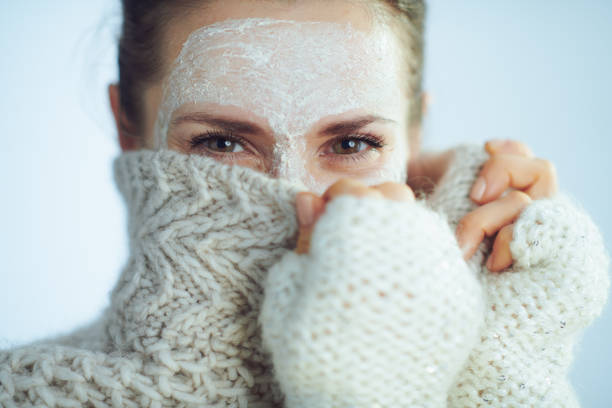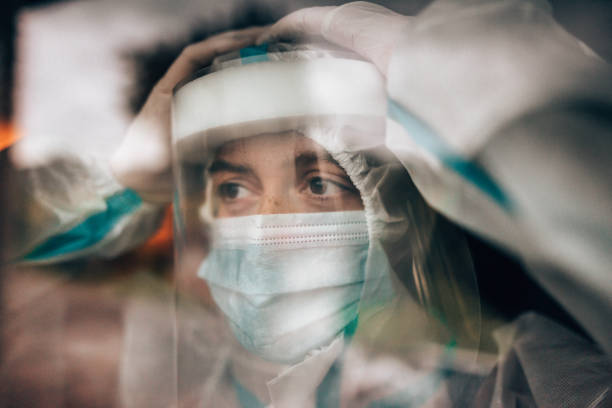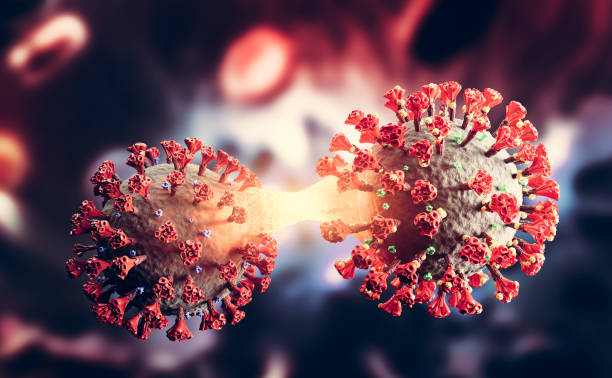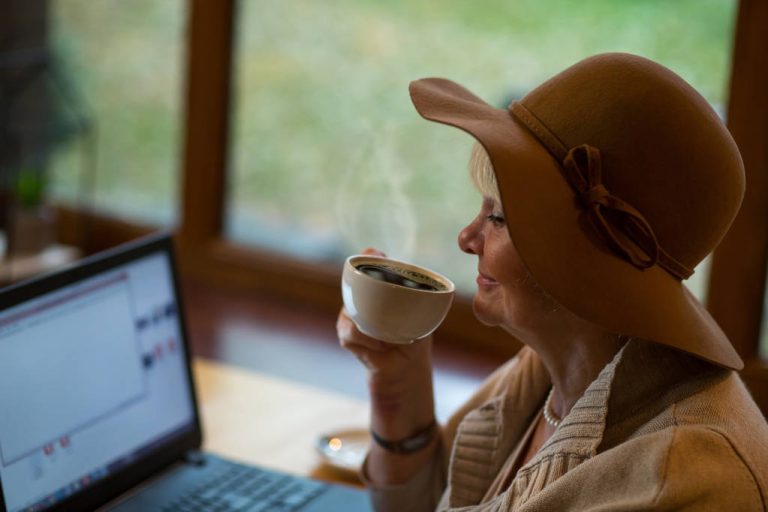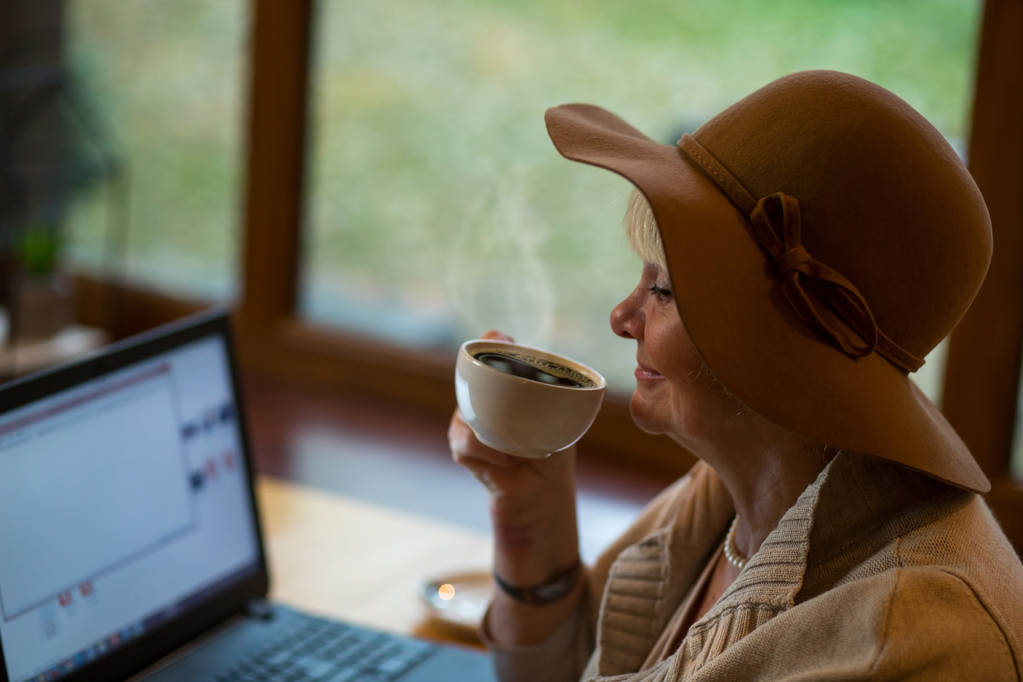Cheese can be healthy? Yes! Many foods contain excessive amounts of salt, which is why many people exceed the daily recommended amount of salt. This can lead to kidney damage in the long term and damage the heart and blood vessels. According to a new study, cheese is the answer.

Too much salt excreted by the kidneys – significant water loss is associated
Too much salt in the body is primarily eliminated through the kidneys. There is a significant loss of water in the body. Over a long period of time, this puts a strain on the kidneys. Furthermore, the lack of water can lead to vasoconstriction and thus affect blood pressure and the heart. PennState University from Pennsylvania takes a closer look at this phenomenon.
Cheese is said to protect blood vessels from damage caused by excessive salt consumption
Accordingly, it is difficult to find a balance between delicious food and the right amount of salt, since a lot of food is characterized by a high salt content. Antioxidants in cheese have been found to help protect blood vessels from damage caused by high levels of salt in the body, in a new study from PennState University. Billie Alba, who led the study, confirms that the new findings could strike a balance between minimizing the risk of eating too much salt and eating tasty food.
Eleven adults follow four different diets for eight days
To support the theory that a diet containing cheese is good for blood pressure and heart health, 11 adults were included in the study. Each subject followed four different diets for eight days each: a low-sodium diet without cheese products, a low-sodium diet high in cheese, a diet high in cheese and sodium, and a high-sodium diet without cheese.
On the high-sodium diets, participants consumed 5,500 mg of salt per day, while those on the low-sodium diets only consumed 1,500 mg of salt. The cheese content in the high-cheese diets was about 170 grams, which translates to about four servings of different types of cheese per day. After each week-long diet, subjects returned to the lab for testing.
Drug acetylcholine helps with examinations
In order to obtain meaningful results, tiny fibers were placed under the skin of all test subjects and soaked with the drug acetylcholine. This ensures that the blood vessels relax. The blood vessels of each test person reacted differently to the drug – this allowed the function of the blood vessels to be measured. The subjects also had their blood pressure measured and urine tested to make sure they were consuming the right amount of salt.
Antioxidants in cheese have a positive effect on blood vessels

After the week-long high-salt, low-cheese diet, it was observed that the participants’ blood vessels did not respond as well to the acetylcholine and had more difficulty relaxing. This was not observed after the high-salt, high-cheese diet.
“While the participants ate the high-sodium chloride, no-cheese diet, you could see that blood vessel function dropped to levels seen in people at advanced cardiovascular risk,” said Lacy Alexander, professor of the cardiovascular system Exercise Science at PennState. “But when they consumed the same amount of salt and cheese was one of those sources of salt, those effects were completely avoided.”
While the test results cannot indicate that specific nutrients in cheese cause the effect, the antioxidants in cheese are considered contributing factors. According to Billie Alba, there is scientific evidence that milk-based nutrients, particularly peptides formed during the digestion of milk proteins, have beneficial antioxidant properties. This means they can scavenge these oxidant molecules, protecting them from their harmful physiological effects.
In the future, it is important to examine these effects in larger studies, as possible new mechanisms could help dairy products to maintain vascular health.


